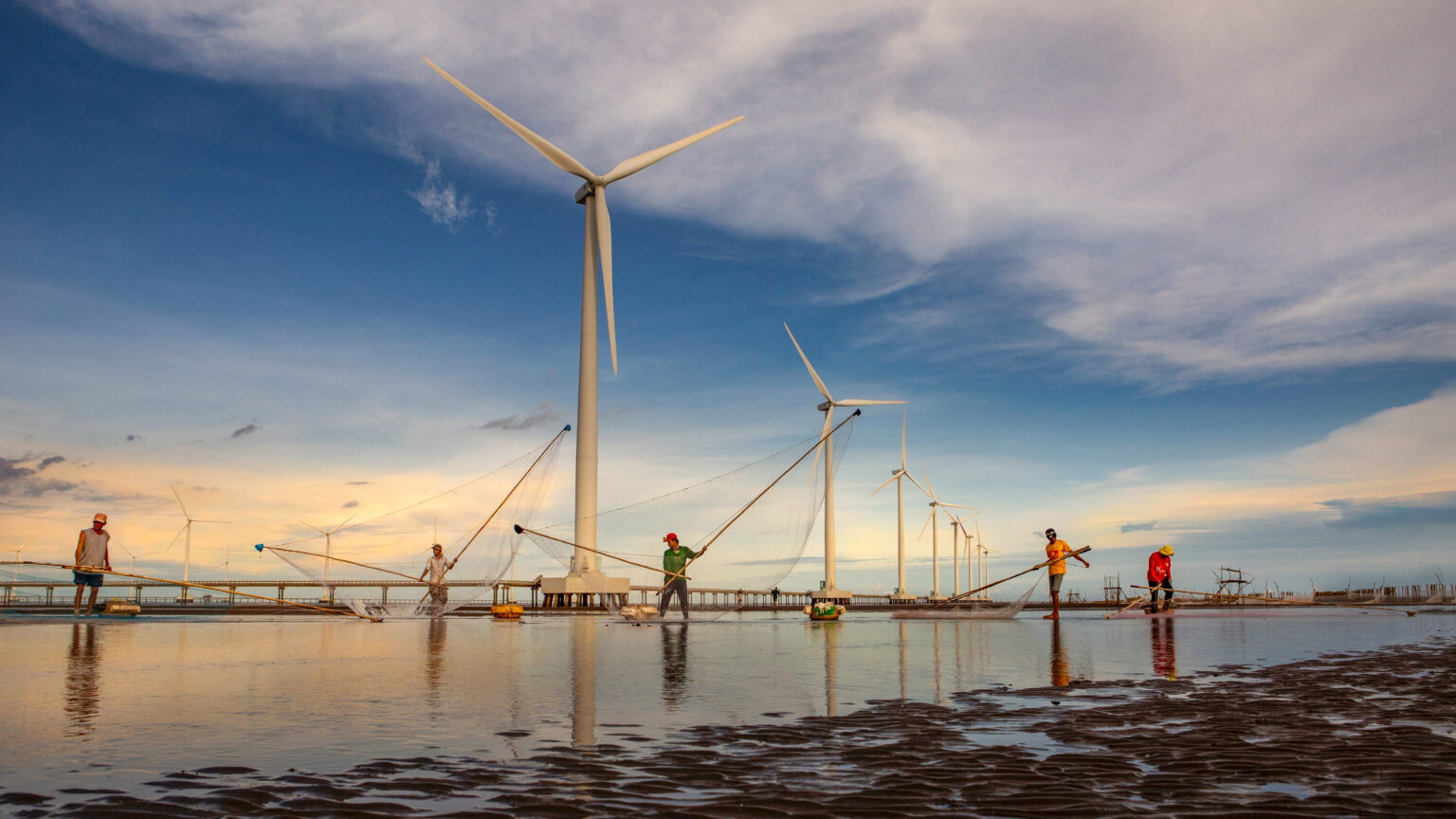Strengthening Climate & SDG Synergies
The climate change and sustainable development agendas are deeply interconnected. Climate change negatively affects all of the SDGs, while sustainable development influences both emissions and how vulnerable or resilient societies are to climate impacts. Action taken on one agenda may undermine or support success on the other. To maximise the positive cobenefits and limit the negative trade-offs, policymakers need to pursue integrated solutions that can harness synergies.
There is increasing recognition that an integrated approach is critical to achieve the SDGs and keep alive the goal of limiting global warming to 1.5°C. Yet in many policies and programmes these synergies are absent or remain only partially realised. In particular, the social dimensions of the SDGs are key enablers for climate action, but they remain neglected in national climate plans. The greatest knowledge gaps for identifying and realising synergies are also linked to social issues.
During 2022 UNU-IAS advanced climate–SDG synergies through research and policy engagement that mobilised knowledge, expertise, and partnerships. The institute made prominent contributions to global policy dialogue, including the 2022 UN High-Level Political Forum on Sustainable Development — the main United Nations platform on the SDGs (HLPF; 5–15 July). Our online event Climate Action and the SDGs — Closing Gaps and Strengthening Synergies (7 July) explored ways to close critical gaps between the two agendas, in collaboration with other UNU institutes, UN partners, the Ministry of the Environment of Japan (MOEJ), and the Institute for Global Environmental Strategies (IGES).
Building on the outcomes of the side event, UNU-IAS played a pivotal role in organising the Climate & SDGs Synergy Conference at UNU in Tokyo (20–21 July) — the third in a series of major UN conferences. It engaged over 2,000 leaders and experts to share insights, best practices, and win-win solutions from across the globe, identifying approaches to align and coordinate action.
UNU-IAS led a session focused on just transition, empowerment, knowledge and skills, underlining the need for solutions that leave no one behind. UNU-IAS side events focused on the role of multi-stakeholder partnerships to accelerate local action (21 July) and ecosystem restoration as a nature-based solution (20 July; see pg. 20). We also convened a workshop that engaged high-school students in the conference and helped to scale up youth-led sustainability action.
At the UN Climate Change Conference in Sharm el-Sheikh, Egypt (COP27; 6–20 November), UNU-IAS contributed to discussions on synergies through events, policy engagement, and expert commentary. Our event at the Japan Pavilion engaged a diverse group of experts from governments, the UN system, research institutes, and civil society organisations, who shared experiences and lessons learned on approaches to strengthen climate–SDG synergies. The discussion highlighted issues such as job creation for just transition, education and inter-generational empowerment, and a whole-ofsociety approach.

